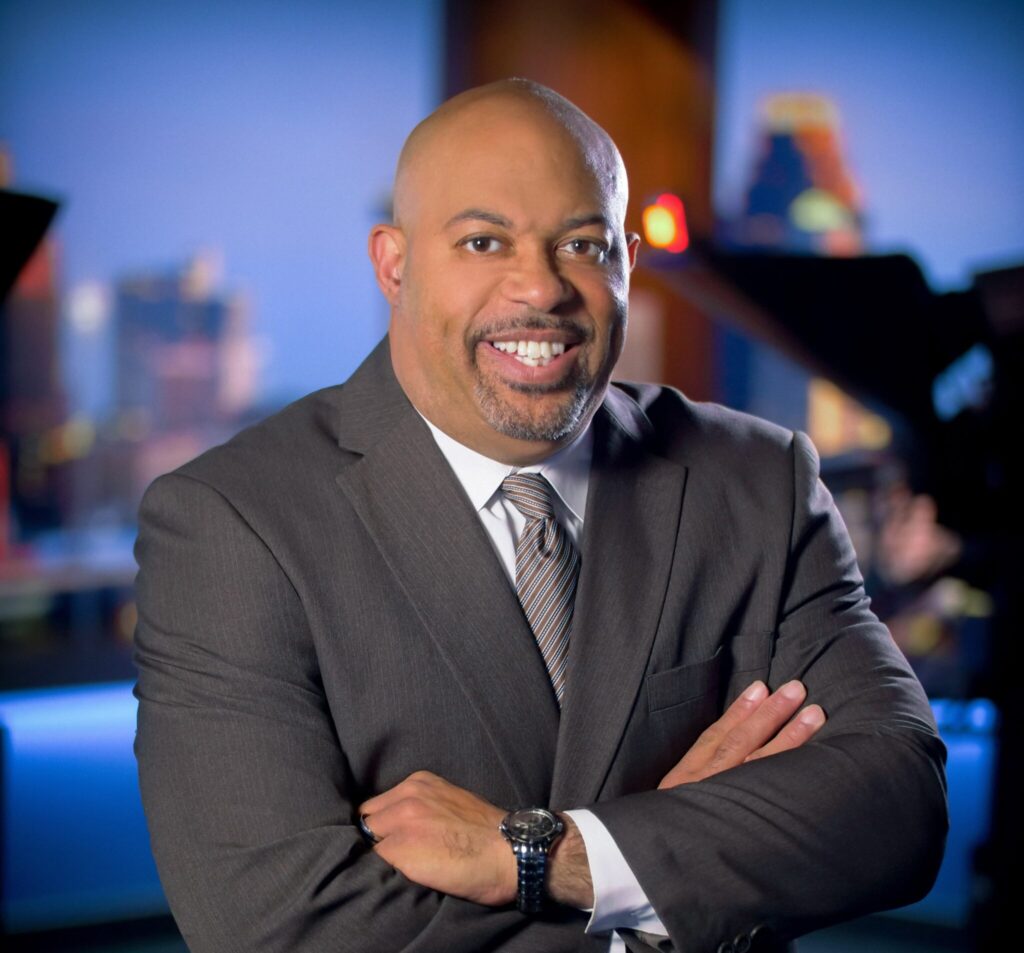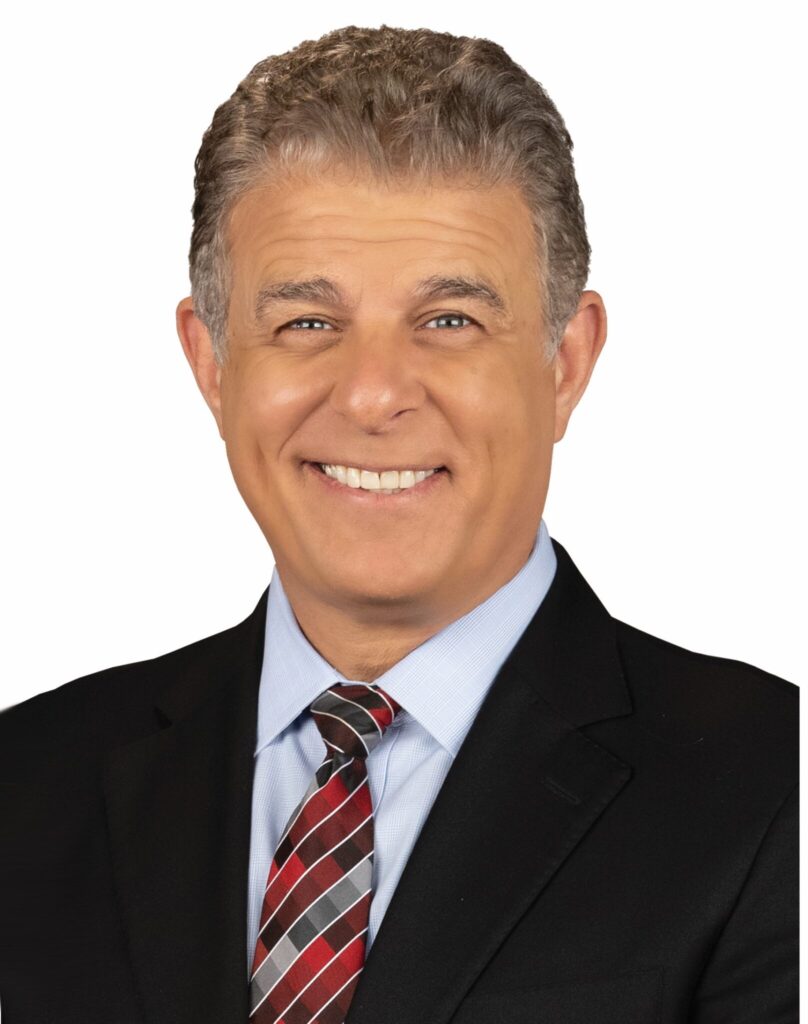 Sanjay Macwan, head of NBCU’s new Media Labs, says a key to fostering technology innovation across the company's diverse range of holdings is to start by examining the five "anys" of consumer demands: "They expect any content, anytime, anywhere, on any device and by any means necessary." He also talks about where mobility and interactivity fit in and the sharing of technology with others.
Sanjay Macwan, head of NBCU’s new Media Labs, says a key to fostering technology innovation across the company's diverse range of holdings is to start by examining the five "anys" of consumer demands: "They expect any content, anytime, anywhere, on any device and by any means necessary." He also talks about where mobility and interactivity fit in and the sharing of technology with others.
NBCU Labs Seeks Future Of TV, Movies, Parks
Sanjay Macwan is on a mission to drive innovation both at NBCUniversal and in the media and entertainment industry at large by leveraging rapidly evolving technologies to enrich the experience of TV viewers, moviegoers and theme park visitors.
Signing on as senior vice president and chief technology officer of NBCU’s new Media Labs organization in January, Macwan is hoping to put in place the right combination of people with the technical savvy and vision needed to take ideas on delivering those rich experiences from concept through prototype to hands-on trials.
Macwan comes to NBCU from AT&T where he was vice president of the company’s chief technology office and the head the AT&T Technology Council. While there, Macwan showed that it is possible for large companies to overcome institutional barriers that can choke innovation.
Macwan says the lessons he learned at AT&T will serve him well as he pursues his goal of fostering innovation at NBCU.
In this interview with TVNewsCheck Tech Editor Phil Kurz, Macwan discusses his goals for the labs, how content and technology can be combined in new ways to enrich the experiences of customers, where mobility and interactivity fit in and the sharing of technology with others.
An edited transcript:
NBCUniversal has turned to you to head up the new Media Labs organization at its new Tech Center in Englewood Cliffs, N.J. What are your top goals for the lab?
We have three specific objectives. The first is to make sure we are proactively understanding how technologies are evolving and how to exploit them to create new, richer user experiences.
Second, as technology ecosystems rapidly evolve, what kind of unique combination of technologies can we leverage to create new ideas of the assets we have — that is film content, TV content and our theme park business.
Third is really having a firm eye on the future — three to five years out — and to look at transformational initiatives and see how NBCUniversal can play a leading role.
How do you approach incubating tech innovation for media?
There are a number of ways, but one of the key things is to look at how consumers consume our content and what their expectations are. We say there are five “anys” of expectation among consumers. They expect any content, anytime, anywhere, on any device and by any means necessary.
How do we fulfill those expectations? If you look at content creation, content distribution and, ultimately at the end point, content consumption, how do we look at those three pieces and create efficiency and a richer experience across that pipeline.
Can you give me an example?
Yes. There is a tremendous amount of content consumed on mobile devices. Is it possible to make content that is location specific?
I am not announcing any project, but the thought is, if you are in New York City, you have a very specific experience with that content based on your location. The same content could provide a slightly different experience if you are sitting in Beijing, China, or San Francisco.
To do that you have to start when you create the content. You have to think about that attribute and think about how you obtain that content that fulfills that vision.
From a media technology point of view, are there any synergies between the television, film and amusement park aspects of NBCUniversal that could drive innovation?
I cannot share any examples at this point. We are still in the investigation stage. But clearly, one possibility is film content and creating a physical experience around that in our theme parks.
For instance, if you take one our popular children’s movies, Despicable Me, how do you take that film content and marry that with virtual reality, an augmented reality-type platform, and create a very unique experience in the theme park for our visitors?
The TV industry is working on a new standard, ATSC 3.0. There is more to this standard than just new modulation and encoding. Will the lab contribute technology to this standards process?
Yes, in several areas. One specific example is interactivity. I think there is an interesting dynamic and expectation from the consumer point of view to be able to interact because of how they are interacting with other digital platforms.
What path will the innovations spawned at the lab take to become real-life solutions that can be implemented by NBCU?
One of the key things we are doing very deliberately from the get-go is working with our business stakeholders so we fully understand how some of the technology-driven ideas will fit into overall business strategy and how they can be scaled and brought out for our customers.
The technology work here is not being done in isolation. It grows out of direct engagement with our business stakeholders.
At a very high level, we will be incubating a technology idea; we will prototype it; we will demonstrate it; we even will launch small trials of it; and at every step we will be engaged with the business unit.
Are there any plans to share — whether through marketing or some other means — these innovations with the industry at large?
It’s still too early to point out anything at this time, but given how the technology ecosystem works today and the technology culture around the globe, co-innovation is a key component of innovation in the industry at large.
I think there will be natural opportunities to share through appropriate means and forums when bringing things we have incubated and proved to the standards work, like ATSC for example, or having a cooperation with a venture capital firm to incubate ideas from Media Labs and marry that with other startup companies and combining our ideas to create a richer solution.
How many people work at the lab?
We are in the process of building the lab. To date, we have about 20 folks we’ve hired with very complementary skillsets. We have a few locations of Media Labs: Englewood Cliffs, N.J., being the main headquarters; a small team in London to make sure we not only are leveraging international skillsets but also looking at international technology and business models; and we have a small team in Los Angeles given our significant presence in Universal City.
Can you give me an idea of what sort of budget NBCU is devoting to the lab to drive innovation?
The budget is a very success-based budget, so really there is no specific set number at this point.
If there is an idea that moves very quickly from prototype to demonstration to trial to emerge as a value to our businesses, it will be a success-based idea and funding will come.
By its nature, funding of innovation work needs to be dealt with that way. I am building this organization and treating this organization as a true startup in a VC [venture capital] model.
I understand the Media Lab will be sponsoring a hackathon. What is that and how will it promote innovation?
At its simplest, a hackathon brings the smartest software developers and engineers, academic researchers and startup companies physically together for a very limited time and gives them a technology platform to work with to create brand new ideas and actually hack those ideas together and build a prototype.
We will have our hackathon on June 21 and 22. More than 200 developers, startup companies and academic researchers will come together at the Englewood Cliffs facility. They will have access to our key platforms, technology and content. Then they will start building their ideas.
I have assembled a panel of judges, including some top venture capitalists and key people from Comcast and NBCUniversal, who will be looking at their presentations and demonstrations and will select winners for prizes.
You come from AT&T where you served as vice president of the company’s chief technology office. You also ran AT&T’s Technology Council. What lessons did you learn in those positions that will help you at NBCU?
One of the key lessons is you have to break the functional and hierarchical barriers that exist in large companies. Innovation has to be very open and collaborative.
From my experience at AT&T, I am certain this can be done at a large company. I am confident we can do the same and even better here. A hackathon is really a great example of this.
To stay up to date on all things tech, follow Frank Beacham on TVNewsCheck’s Playout tech blog here. And follow him on Twitter: @TVplayout.
























Comments (0)